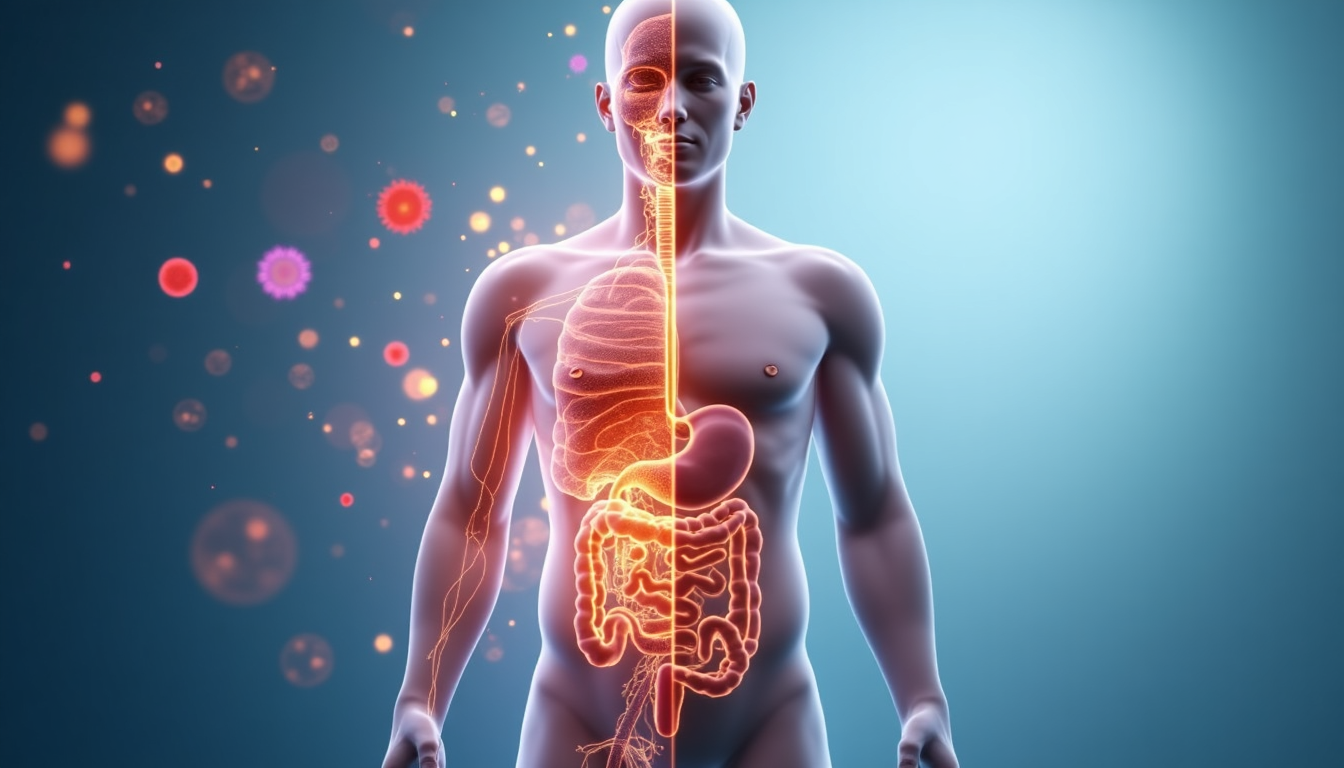
Hormone Imbalances and Sleep: Why Cortisol and Progesterone Matter
Hormone imbalance and sleep is often an overlooked relationship when considering sleep problems. Difficulty falling asleep, waking in the night, or feeling unrefreshed in the
Recent research carried out in Sweden has been widely reported in the media because it claims that chocolate can reduce the risk of heart failure in elderly and middle-aged women. The researchers asked thousands of people to complete questionnaires listing which foods they commonly eat and found that older women who eat one to two portions of chocolate once or twice a week had a lower incidence of heart failure than those who ate chocolate more or less frequently. The portion size was not stated, but was estimated by the researchers to be 19-30g of chocolate that contains 30% cocoa solids.
The researchers acknowledge that the health benefits of chocolate are likely to be gained from the flavonoids that it contains. Flavonoids are compounds that are synthesised by plants and they are therefore prevalent in fruits, vegetables and legumes. Research has shown that red wine and tea are also high in flavonoids but, like chocolate, these substances can be harmful to health and so they should be limited in the diet.
Common food sources of flavonoids include red, blue and purple berries, red and purple grapes, apples, citrus fruits, onions, broccoli, apples, parsley, thyme, celery, hot peppers, soybeans and legumes. Research has shown that flavonoids may act as antioxidants. They may also reduce inflammation, cut cancer risks and decrease neurodegeneration in addition to cutting cardiovascular disease.
No adverse effects have been associated with high dietary intakes of flavonoids from plant-based foods, wheres side-effects have been observed from drinking tea, red wine and chocolate due to the caffeine, alcohol, saturated fat and sugar in these products. This research demonstrates that benefits are only seen with small intakes of chocolate – a small bar once or twice a week. Intakes above this are likely to reduce health due to the fat and sugar content of chocolate. A small bar each week may be a great way to gain flavonoids whilst having a treat, but far greater health benefits can be gained from eating a diet rich in a variety of fruit, vegetables and legumes.
For more information about flavonoid rich diets, why not call Emma at Smart Nutrition or make an appointment today?

Hormone imbalance and sleep is often an overlooked relationship when considering sleep problems. Difficulty falling asleep, waking in the night, or feeling unrefreshed in the

‘Detox’ has become one of the most misunderstood concepts in modern wellness. For many people, it brings to mind juice cleanses, restrictive diets or short-term resets promising quick results. Yet the body’s true detoxification systems are far more complex — and far more intelligent — than any cleanse.

Anxiety and gut health are closely linked through the gut–brain axis. Research suggests the gut microbiome, neurotransmitters and genetics may influence stress responses and emotional well-being. Exploring gut microbiome and nervous system insights can help build a more personalised understanding of anxiety.

Strange symptoms can puzzle anyone. Your body might show signs ranging from headaches and skin rashes to digestive problems and anxiety. Doctors sometimes struggle to explain these mysterious health issues that affect millions of people worldwide.
Please do not return samples to the laboratories that may arrive after Wednesday 27th March and up to and including Monday 2nd April.
The laboratories are closed from the 28th March – 2nd April for the Easter Holiday.